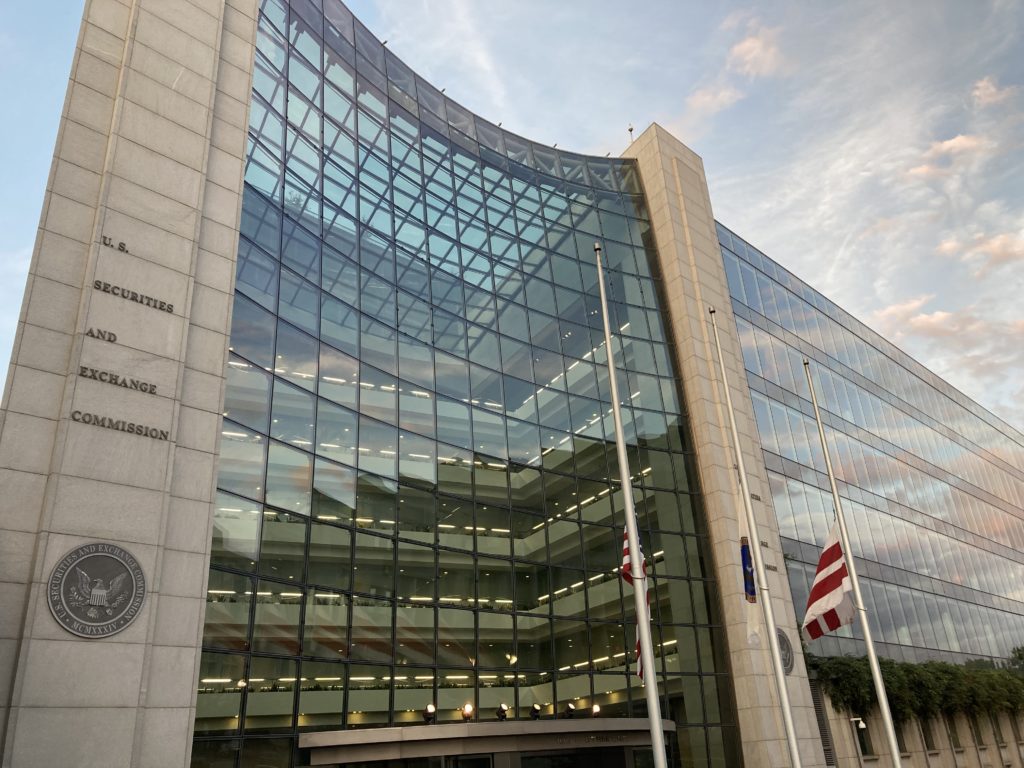On May 5, the U.S. Securities and Exchange Commission (SEC) issued a $279 million whistleblower award to an individual who voluntarily provided the agency with original information that led to a successful enforcement action. The award is the largest in the history of the SEC Whistleblower Program.
“The size of today’s award – the highest in our program’s history – not only incentivizes whistleblowers to come forward with accurate information about potential securities law violations, but also reflects the tremendous success of our whistleblower program,” said Gurbir S. Grewal, Director of the SEC’s Division of Enforcement. “This success directly benefits investors, as whistleblower tips have contributed to enforcement actions resulting in orders requiring bad actors to disgorge more than $4 billion in ill-gotten gains and interest. As this award shows, there is a significant incentive for whistleblowers to come forward with accurate information about potential securities law violations.”
Leading whistleblower attorney Stephen M. Kohn of Kohn, Kohn & Colapinto believes the size of the award, and the publicity it is receiving, will help deter future fraud. “Large rewards deter frauds,” said Kohn, author of the forthcoming Rules for Whistleblowers: A Handbook for Doing What’s Right. “Executives in the C-Suite need to understand that well-placed insiders are now incentivized to report fraud. The amount of this award is historic. But that is what is needed in the face of billion-dollar frauds, ripping off taxpayers, investors, and consumers.”
The previous largest SEC whistleblower award was a $114 million award issued in October 2020.
Through the SEC Whistleblower Program, qualified whistleblowers are entitled to monetary awards of 10-30% of the funds collected by the government in the case aided by the whistleblower’s disclosure. To qualify for an award, a whistleblower must voluntarily provide the SEC with original information that contributes to the success of an enforcement action of at least $1 million.
In the award order, the SEC notes that the whistleblower’s information “was significant” and “saved the Commission significant time and resources.” It also states that the whistleblower “provided substantial, ongoing assistance, which included multiple written submissions, communications, and interviews.”
“The whistleblower’s sustained assistance including multiple interviews and written submissions was critical to the success of these actions,” said Creola Kelly, Chief of the SEC’s Office of the Whistleblower. “While the whistleblower’s information did not prompt the opening of the Commission’s investigation, their information expanded the scope of misconduct charged.”
Under the Dodd-Frank Act’s related action provisions, if an SEC whistleblower’s information is used by other agencies in successful enforcement actions, the whistleblower is entitled to related action awards of 10-30% of the funds collected in those actions.
In this case, the SEC explains that the whistleblower qualified for related action awards because they “voluntarily provided original information to the Commission, which was also provided to the Other Agency, and [their] information led to the successful enforcement of the Related Actions.”
